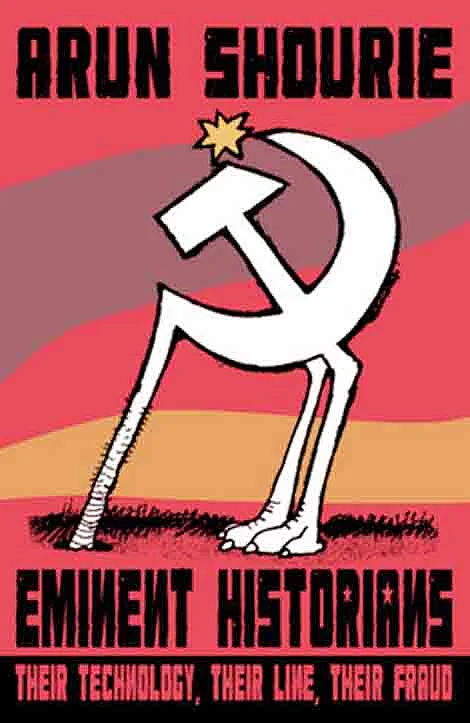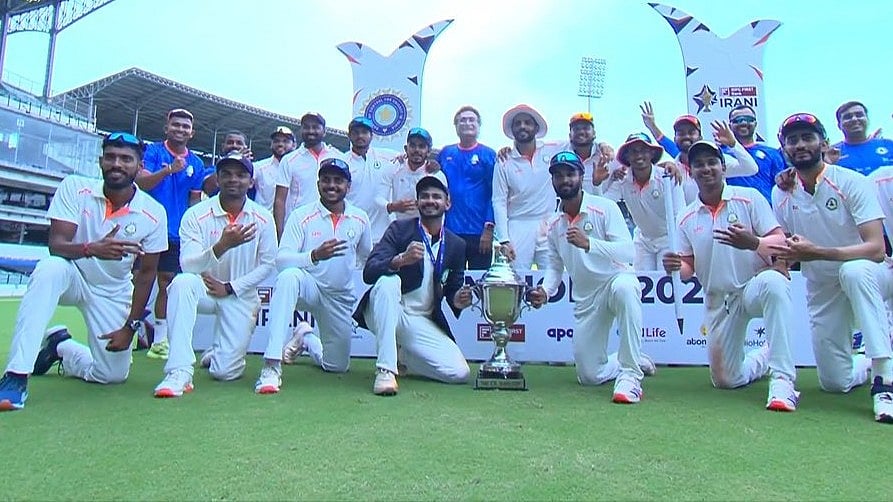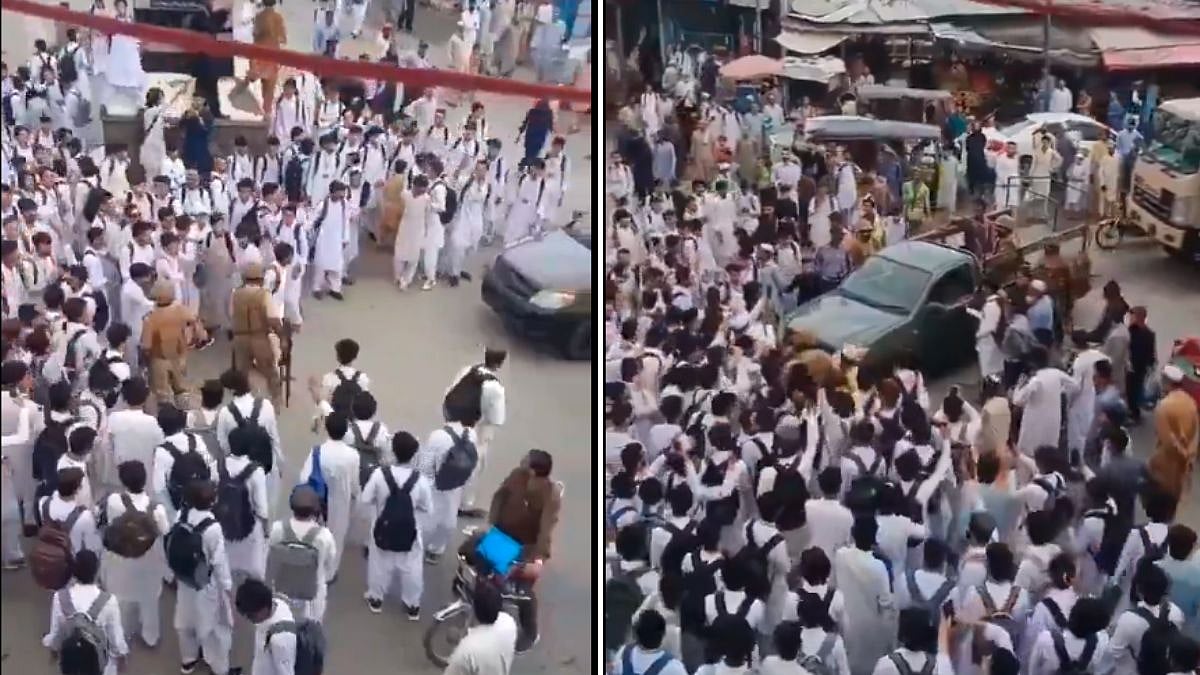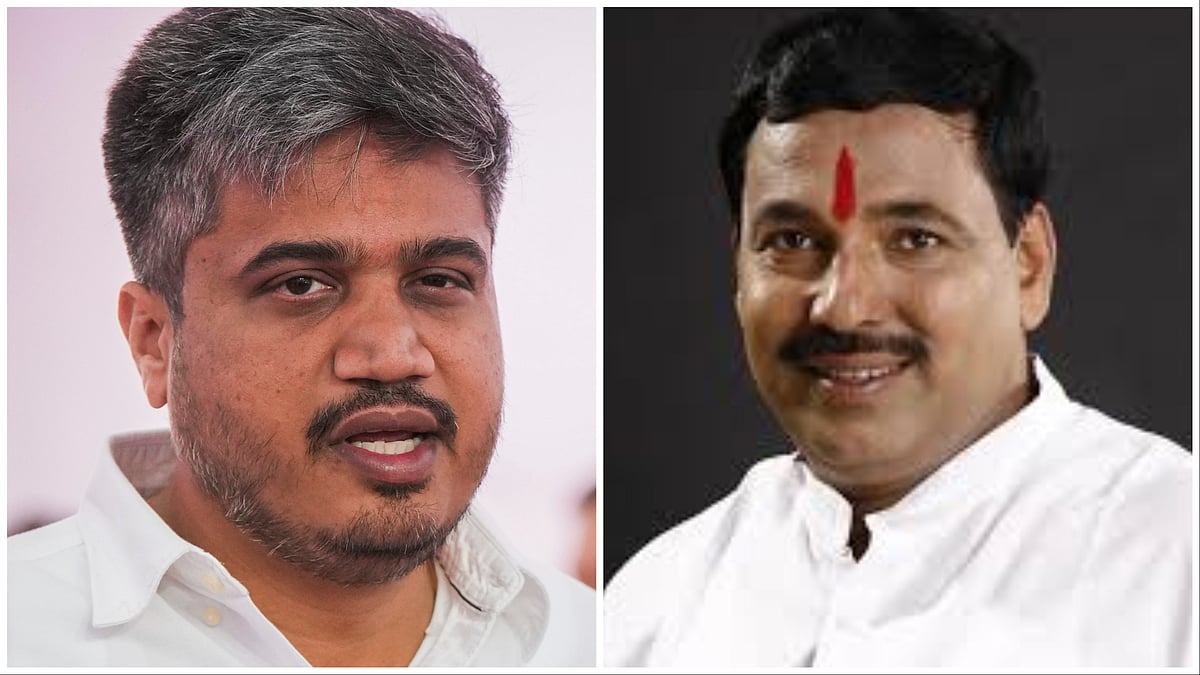Criticizing eminent historians of the day, Shourie questions their world view and asks why is that a Soviet work on Indian history is more truthful and objective than several of our own.
There are two kinds or historians: one class belongs to the factualists – they tell it like it is without sitting on judgement on events. The other are experts who have an axe to grind and go in for suppressing the truth and suggesting the false. They are largely leftist intellectuals. You way call them anything but they are primarily Marxist and make no bones about it.
Actually it has been India’s misfortune that top organisations like the Indian Council of Historical Research (ICHR) at one time was the home for Marxist historians, to the country’s great misfortune. They are the ones who laid down what is truth and refused to change. These are the ones which Arun Shourie has sought to expose with commendable success.

Eminent
Historians: Their Technology, Their Line, Their Fraud
Arun Shourie
Harper Collins
Pages: 388; Price: 499000 |
The sad fact is that our so-called intellectual historians seem to take a delight in running down Hinduism and Hindus suggesting that such a group did not exist until the invader came on the scene. Their negative outlook has to be seen to be believed.
Hindus are to be blamed for everything including the destruction of temples by invaders and their successors, says Shourie: “In regard to matter after matter like the Aryan Dravidian divide, the nature of Islamic invasion, the nature of Islamic rule, the character of the freedom struggle, we find this trait suppreso veri suggesto falsi. This is the real scandal of history writing in the last thirty years. And it has been possible for our ‘eminent’ historians to perpetrate it because they acquired control of institutions like the ICHR.”
Thanks to the power acquired in laying down how history has to be written our Marxists had the Iast word on what can be written and what should not. Text books for high school students had to get the ICFR primitur before getting published. Tolerance had to be shown towards Muslim invaders who destroyed temples and ordered Hindus to be killed – reports of which are available in the works of Muslim historians themselves.
If there were times when it was practically impossible to hide a fact, the Marxist editor had a reason to provide. For example, Aurangzeb had ordered destruction of many temples like the Kashi Vishwanath Temple at Banaras and a temple in Mathura, didn’t he? Wasn’t he a wrong-doer? Not at all. According to our Marxist historians, Aurangzeb may have been res¬ponsible for the demolition of temples but that was because they were “centres of spreading subversive ideas.” Aurangzeb was “secular” and he needed to be “tough with the Hindus”.
Why did the Mughal Empire ultimately collapse? According to our Marxist historians it was because of “economic, social political and institutional factor” and not because the successors of Aurangzeb had totally alienated Hindus. When Muslims invaded India it was a blessing in disguise.
According to our Marxist historians pre-Islamic India must be presented as a land of discord, a land in the grip of a social and political system marked by injustice, extreme inequities and oppression whereas Islamic period was a time in which the “composite culture” flowered, in which the policy of “broad tolerance” was the norm and such departures from it took place were
just an aberration of
individuals, aberrations
which themselves can be, tracked down to wholly secular causes”.
When a history writer submitted his text for approval and sanction, the Marxist editor had the final word. Here below are a few examples: One such text was a work of a historian named Dr Narendranath Bhattacharya. In the original text submitted it said: “Sultan Mahmud used force for widespread murder, loot, destruction and conversion…” Reference to killings and forced conversion was ordered to be deleted. In another para it was said that the Sultan looted valuables worth a crore dirham from the Somanth Temple find used a Shivling as a ‘step leading up to a masjid in Ghazni’.
The author has asked to delete the reference to the Shivling. In fact every time a reference was made to Hindu idols being smashed and laid out on the way to a masjid to be trampled, deletion was the order of the day. Reference to ‘forced conversion’ too was unacceptable, howsoever factual it was. The Quran had said:
“To you your religion; to me, mine”.
If that was that the Quran had said, wasn’t the Sultan – and there are several of them – breaking the very rule laid down by the Prophet? In another context there is a reference to Kanishka. Kanishka was the one who convened the forth Buddhist Council. But this is dismissed not because Kanishka was a devout man but because he had ‘political’ reasons.
Similarly Ashoka the Great’s tolerance is attributed to ‘compulsions’ — he had to adopt a pro-Buddhist posture “to maintain the unity of his empire”. Surely this is doing a great deal of injustice to Ashoka who was aggrieved at fighting a war and wanted genuinely to accept Buddhism as a way of life? For our Marxist genius Kanisha “went through no profound experience”. How many, asks Shourie, who were forcibly converted to Islam went through a “profound experience?”
Discussing India of the middle age, one Marxist scholar attributes the prevailing system in India as due to “inter¬nal tensions”. Asks Shourie: “Just internal tensions? The pulverisation of every sacred place, the massacre of hundreds of thousands, the extreme disabilities placed upon non-Muslim populations: are they common to all cultures of the world?”
Shourie dismisses Marxist theories as unacceptable, quoting chapter and verse. One can be sure that Marxist historians will not prescribe this book for high school or college students as ‘must reading’. In that case there will have to be pages after pages of deletions.
But I can prescribe this as must reading by all scholarly Indians interested in knowing their country better, down the ages. But they have to keep their minds and hearts open to knowledge, knowledge for all to gather of times past and times present.
M.V. KAMATH










